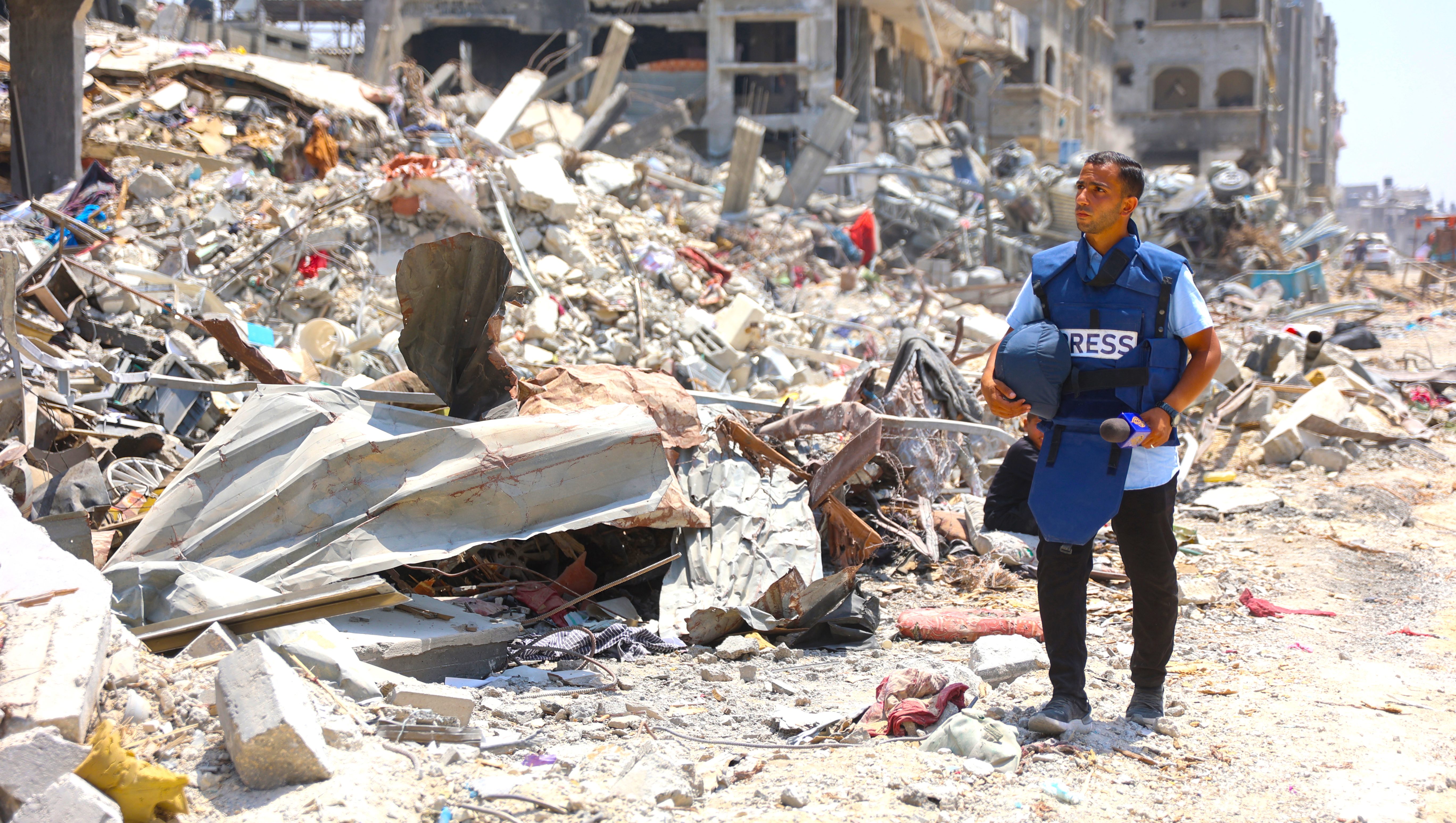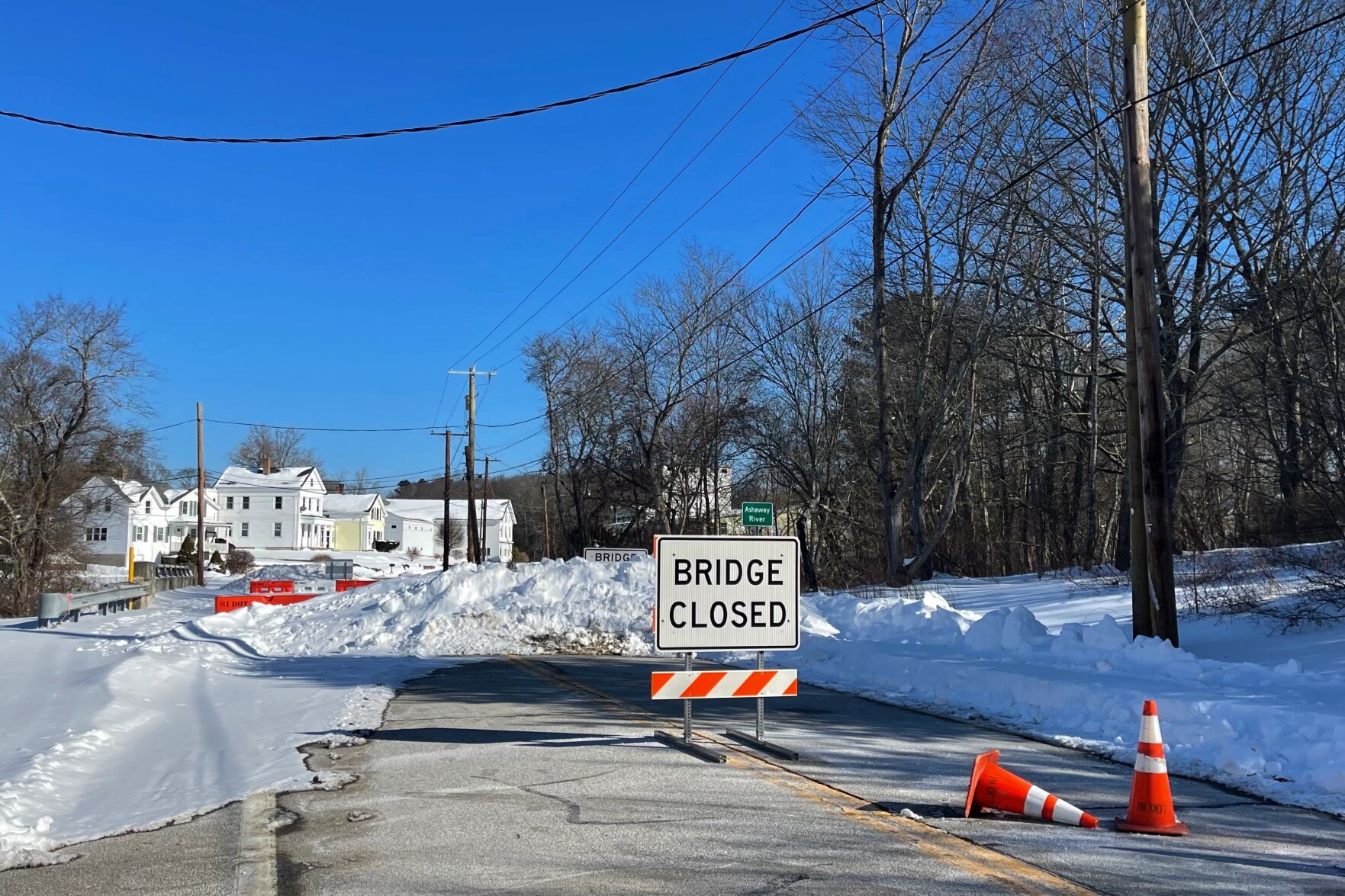A contract journalist who spent years verifying footage for BBC News claims he was banned from the broadcaster’s offices after criticizing how it portrayed Gaza. He alleges his assignment was cut short once he spoke out about the disturbing imagery and what he saw as skewed editorial decisions.
BBC News Journalist Mohamed Shalaby Says He Was Banned From UK Broadcaster’s Premises After Calling Out Gaza Coverage

Key Takeaways:
- Shalaby was a BBC contract worker for seven years.
- He was part of BBC Verify, confirming authenticity of graphic footage from Gaza.
- He raised concerns about the broadcaster’s approach to Gaza coverage.
- He alleges he was banned from the BBC’s premises soon after.
- His abrupt departure raises deeper questions about editorial practices and freedom to critique coverage.
Background
Mohamed Shalaby had been an on-and-off contract worker for the BBC for seven years. Over the course of his engagements, he earned a reputation for diligent research and verification work—in particular with BBC Verify, where he contributed to fact-checking pivotal international stories.
The Role of BBC Verify
As part of BBC Verify, Shalaby’s responsibilities were far from routine. This flagship fact-checking initiative scrutinizes multi-sourced footage to ensure its accuracy. According to Shalaby’s account, he frequently reviewed and authenticated graphic material emerging from conflict zones, including Gaza.
Verifying Conflict Footage from Gaza
In his most recent assignment, Shalaby says he was tasked with verifying especially harrowing material from the Gaza conflict. While he had grown accustomed to rigorous verification processes, the horrific images—unconfirmed reports of violence and images of dismembered children—left a profound emotional impact. “Images of dismembered children are burned into his brain,” the original report notes, implying a distress that lingered long after he signed off for the day.
Raising Concerns
Shalaby contends that he began to notice what he believed were serious oversights in how events in Gaza were portrayed. He claims he called out the broadcaster’s editorial stance, voicing firsthand observations while verifying these grim footages. Yet, what he viewed as constructive criticism may have been interpreted differently by his superiors at the BBC.
The Alleged Ban
On August 10, Shalaby’s role ended without warning. He says that, soon after he spoke up about coverage, he wasn’t permitted to proceed with his work. According to Shalaby’s version of events, the BBC not only ended his ongoing assignment but also banned him from its premises. He believes these actions point to a wider reluctance within the organization to engage with internal criticism over conflict reporting.
Questions and Implications
Shalaby’s allegations invite questions about how news organizations respond when contract journalists highlight possible editorial gaps. The abrupt halt to his contract underscores the tension between journalistic independence and institutional policy. It also speaks to the mental toll on individuals tasked with verifying deeply disturbing material and how that can trigger a desire for more conscientious coverage.
Despite the BBC’s global standing as a trusted news organization, the incident raises broader concerns about how dissenting internal voices are handled—and whether editorial decisions regarding conflict reporting will face enough critical evaluation.











